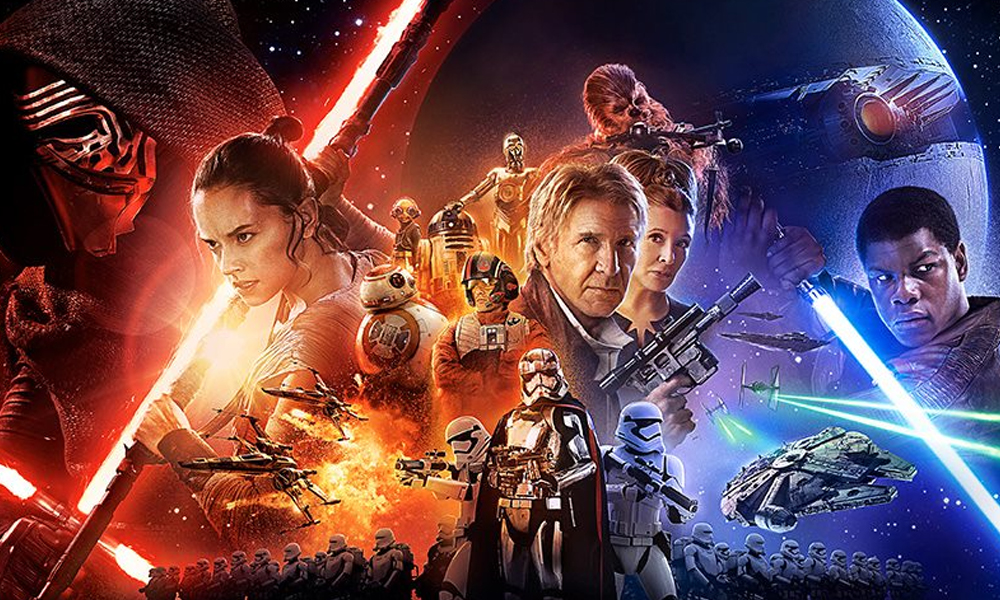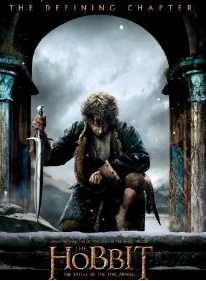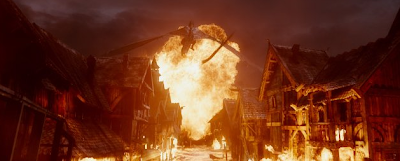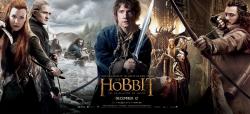Logan
STARRING: Hugh Jackman, Patrick Stewart, Dafne Keen,
Boyd Holbrook, Stephen Merchant, Elizabeth Rodriguez
+ Richard E. Grant
WITH: Eriq La Salle, Elise Neal, Quincy Fouse, Al Coronel,
Frank Gallegos, Anthony Escobar, Reynaldo Gallegos, Krzysztof Soszynski, Stephen Dunlevy,
Daniel Bernhardt, Ryan Sturz
AND: Jason Genao, Hannah Westerfield, Bryant Tardy,
Ashlyn Casalegno, Alison Fernandez + Parker Lovein
DIRECTED BY: James Mangold
STORY BY: James Mangold
SCREENPLAY BY: Scott Fran , James Mangold, Michael Green
Executive Producer: Joe Caracciolo Jr.
Producers: Simon Kinberg, Hutch Parker, Lauren Shuler Donner
Executive Producers: Stan Lee, James Mangold, Josh McLaglen
Co-Producers: Dana Robin, Kurt Williams
Music: Marco Beltrami
Cinematography: John Mathieson
Film Editing: Michael McCusker, Dirk Westervelt
Released: March 2017
Note - Some Spoilers Feature (with specific details kept to a minimum).
This final official outing for the Wolverine character - as played by the charismatic Hugh Jackman - finds the ferocious mutant living in New Mexico in 2029. His former X-Men comrades are no more, and there have been no more mutants sighted in the populace, for many a year. Logan is now showing his age, and his scars, with his healing superpowers clearly rudimentary, at this point. He makes a basic living as a limo driver, and lives over in a junkyard refuge. His companions are an aged and mostly senile Charles Xavier, who needs strong doses of medication to hold back the potentially destructive psychic powers that once were so stable, as well as ex-mutant-hunter Caliban (Stephen Merchant).
Logan knows deep down that his body is failing, but refuses to admit it to anyone. But then something else appears that diverts his internal self-pity - a mission to look after someone 'special', but vulnerable. Despite early misgivings, the Canadian-born ex-super-soldier agrees to safeguard Laura (Dafne Keen) who seemingly speaks only Spanish in brief quantities. Before long, it becomes clear just how dangerous a fighter she is, and why she is being targeted by the sinister Pierce (Boyd Holbrook) and his Reavers - an army of cyborg killers. Eventually, Laura's origins under the dark aspirations of Dr Rice (Richard E Grant) make themselves known, but with the added optimism that there may be a safe haven for not just her, but a whole clutch of young mutants that no one knows about in 'proper' society.
Having had such a strong trailer, it is a relief that the film proper mostly lives up to such lofty expectations. Despite what seemed to be suggested, there is still plenty of civilisation left on planet Earth. However, mutantkind is near extinct, and with this being essentially another in the X-Men franchise, the film has a real sense of emptiness and loss for much of its duration.
Further, this is a truly cynical grim and pessimistic version of the Wolverine character. Jackman has had this edginess before, but usually combined with some humour and everyman qualities. But this is very much someone who has been devastated by cataclysmic events, and is always ready to pop his claws out at the first opportunity. His uneasy friendship with Caliban, and somewhat brutish nursing of Xavier, shows just how close he has become to the animal inside.
Patrick Stewart has also confirmed that this film is his last in the role of Professor Charles Xavier. Since the beginning of the new century, Stewart and Jackman have come to embody the roles of Charles and Logan, and in a way that will be hard to overshadow any time soon - if ever.
The Professor we see in large portions of this film is frail, needy and somewhat of a liability. He has lost a good amount of control over his remarkably strong telepathic/telekinetic powers, and at times this renders humans, but especially mutants, utterly powerless around him as he has one of his ‘seizures’. Some of the film’s (notably truncated) budget went into these set pieces where Charles loses control. It was a wise move to make X-Men: The Last Stand lose some or most of its place in official continuity, including Xavier’s perfunctory death. Whilst he meets with a rather grim fate here, there is something poetic about it, and the writers even manage to slip in a nice little nod to Stewart’s biggest genre role - Captain Jean Luc Picard - when he is later buried.
Although there is much serious emotion, with melancholy, regret and a sense of friendship damaged, there is also hope, and some jokes at times. I really liked how X23 suddenly was able to talk, and following this 'switch' many of her lines had a quick punch to them; perhaps reflecting her disconcertingly brutal fighting style. The various bickering moments between Logan and his former mentor from the 'School for Gifted Youngsters' never gets tiresome. Indeed it can be very funny, with an extra dimension of this being an 'uncle/nephew' dynamic for those who faithfully followed the different X-Men films over the years. And, as one would expect, Merchant has terrific comic timing, thus making the viewer quickly care for Caliban, even if the character as written is somewhat flat in comparison to the main three leads.
The villains are quite good, when taking into account that they are not really intended to be the focus. Pierce – complete with Terminator-esque metal hand - never is given a definitive speech, or something truly memorable to do in the action scenes. And yet Holbrook breathes full life into this creepy stalker of our heroes, coming off as both deeply unpleasant and remarkably persistent. He also makes for a fine lieutenant barking orders, and barely bats an eyelid should most of his men get chopped down, or he himself faces a bomb about to explode in his face. That he is ultimately not bested by Logan but a group of untested children 'fighters', who are still far from mastering their ‘uncanny' powers is nicely ironic.
I find Richard E Grant an actor who can sometimes grate, but the slimier or more self-serving a character he plays, the better he convinces me. Here he is cast well, as the deranged scientist who believes he can use mutation as a carefully controlled 'benefit' for 'normal' society. He is rather overconfident of his gravitas, and certainly lets his guard down near the end. Much of the film’s core plot rests on the influence of this character, and by having him kept to the background in the earlier exposition - glimpsed on video fragments - Grant is used just to the right degree to be fully effective.
However the most chilling and formidable foe is a bestial, superpowered version of Logan himself. This gives Jackson a chance to play something totally irredeemable, and there is seamless technology used to bring our lead actor into the same frame for prolonged patches of action in the film. The final showdown between X24 and Wolverine is a brutally visceral one. Also, in keeping with the core theme of the story - its outcome does not totally rest in the hands of the title character.
4DX is one of the ways to enjoy the film (with IMAX and 3D being others). The screening i went to was a first for me, where punters were firmly instructed to leave their heavy items at the front, just under the main screen. And with good reason. For a two-hours-plus film, this often felt like one of the family ‘experience’ rides that feature at a theme park - except stretched out to the maximum. Whilst a little gimmicky, it still added to a film that already was engaging audience’s intellect and feelings. In this case, emphasising the physicality side of the film was not such a bad idea.
Logan is a generally successful action movie and definitely up there with the best of Marvel's output. The simple story allows this to be a great character piece, but sometimes the film's pacing feels just a touch laboured. A lot of characters make strange decisions, and given how powerful the children in the final act prove to be, it almost could be argued that Logan's sacrifice was something of a waste. The final confrontation is truly adrenaline-rushed, and emotionally gripping, however. The key to this movie is the grizzled veteran finding a person in his life, who is as close to being his own child as he ever could have hoped. And their bonding is played in note-perfect fashion. When viewed through the lens of this strong familial emotion, this would be a much poorer film if the door was still left hanging for Jackman to return.
FINAL SCORE - Four Stars out of Five:
This is a rip-roaring tale of good versus evil, structured as part-Western, part-road-movie. It is essential viewing for Marvel fans, and especially for admirers of the X-Men's uncontested figurehead.











